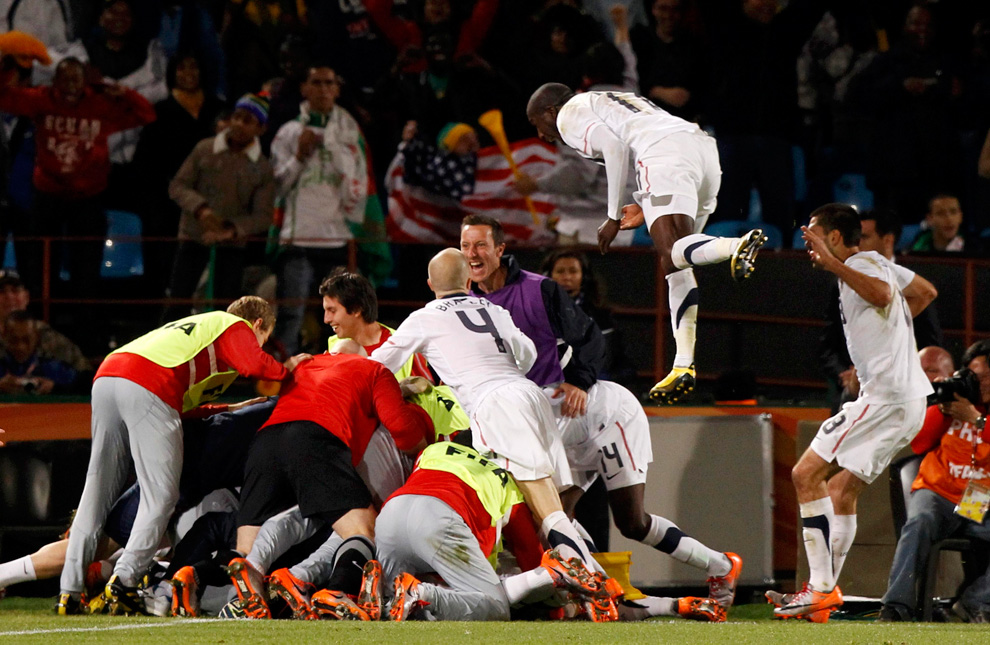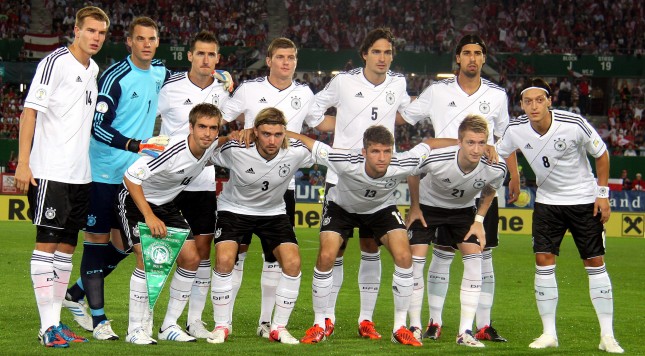Ever since playing soccer became something you could do professionally full time, there has been a struggle between representing your club and representing your country in the sport. There are only a few times when this isn’t the case, such as the World Cup every four years or a large international tournament such as the Euros. The major difference here, however, is that these tournaments fall during the summer when many club seasons are over so there isn’t an intersection. When there is, however, club fans will generally grumble about having their players stolen while international fans will grumble about the grumbling. In this sense, this attitude is largely nurture by the type of league these fans support. Below, I will discuss two prominent examples of leagues that breed these attitudes and end on what is presently the glowing example of what could be. Most importantly, I will look at what the US Men’s National Team can learn from these teams.
Country over Club: MLS
The United States has largely always been a Country first type league, with one of the highest achievements a USA player can attain is to represent your country. This will often take precedent over the club they play for. The recent moves of Michael Bradley and Clint Dempsey back to MLS from larger, more prestigious leagues in order to get playing time can be seen as an example of players looking to their international careers before their club ones. Another example of the US’s favoring of it’s national team is viewing figures. One only has to look at the average MLS television ratings compared to the average USMNT ratings to see a stark difference.
So why is this the case for the US? One big reason is the perceived league quality. Generally speaking, many acknowledge that MLS isn’t a top tier league. They don’t have a competition on par with the EPL or La Liga and they don’t compete in the European Champions League. On this level, MLS is most comparable to England’s second tier league, the Championship. This comparison actually shows us a few things. It is a widely held belief in England that the majority of national team fans are fans of lower table or lower league clubs. This is because it allows these supporters to “have a team” that competes at the highest level without abandoning the team they support. In this way, fans of the US Men’s National Team, and fans of MLS, can see their favorite players compete against some of the marquee players of the game, like Ronaldo or Messi.
The other big difference between Country over Club leagues and Club over Country leagues is a lack of loyalty to a specific club, or even the league. That isn’t to say that everyone who watches MLS, or plays in MLS, doesn’t care about the league or isn’t a diehard fan of a club. It’s just that the average fan isn’t as diehard as those in leagues like La Liga or the Bundesliga. That’s not the US’s fault, though. This is indicative of a young league that hasn’t had time to grow strong, emotionally invested clubs. In England, for example, there are families that have multiple generations that are all fans of the clubs. Going to matches is something that you could have done with your dad and he did with his dad, and so on. MLS just isn’t old enough to have bred similar emotional attachments yet. The keyword there is yet.
For players, the relative youth of the league is only part of the issue that has lead to a general lack of loyalty to one club. The other aspect of this that there isn’t a culture of club academies. In Europe, many clubs will sign up talented young players to their team’s academy and, while giving them a basic education, groom them to be top players for the club. In a sense, they are farming out youth players to feed into the team. This culture breeds loyalty for players, having spent most of their lives at one club. In the US, players are mostly drafted into an MLS team after playing for a college team. Having been drafted, not developed, by the team has many of the players seeing the team as just that. A team they play on, not their team, not home, like it is for many players in Europe. The only constant for them is the goal of the national team.
Continue to Page 2






